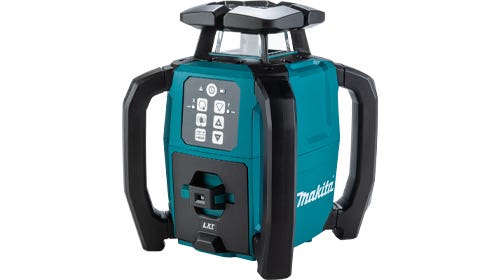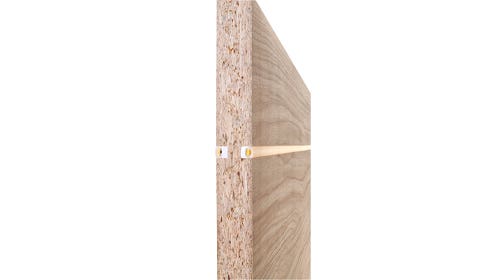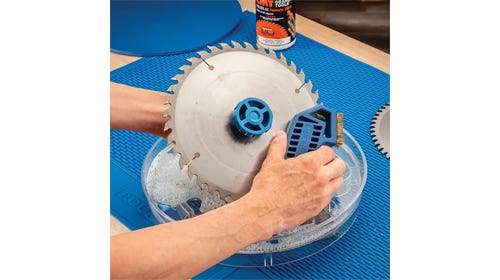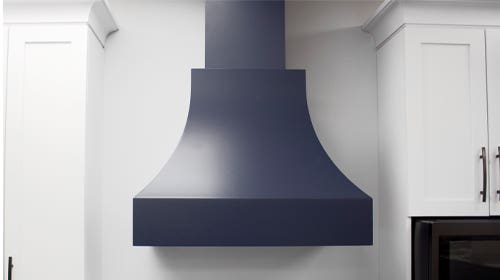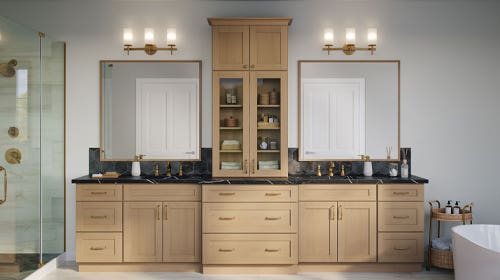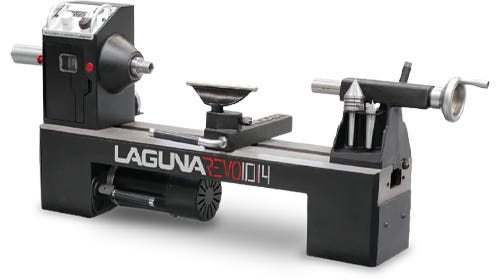KCMA revises environmental certification criteria
At its November meeting, the Kitchen Cabinet Manufacturers Association’s board of directors approved measures to strengthen and clarify requirements for companies to attain certification under the association’s environmental stewardship program….
At its November meeting, the Kitchen Cabinet Manufacturers Association's board of directors approved measures to strengthen and clarify requirements for companies to attain certification under the association's environmental stewardship program.
The new KCMA ESP 04-11 criteria will become effective Jan. 1. Currently, more than 140 companies/brands are ESP-certified.
The environmental stewardship program encourages a holistic approach to environmental stewardship, awarding points for low-formaldehyde-emitting materials, raw material sourcing, setting standards for manufacturing processes that protect the environment and making a positive difference in communities. To be certified, applicants must earn points in each of five categories: air quality, product resource management, process resource management, environmental stewardship and community relations.
"The KCMA board of directors reviews the ESP specifications annually and acts on the recommendations of its ESP committee. Third-party verification continues to be a critical part of the program," said Dick Titus, executive vice president of KCMA, in a release. "By re-evaluating these specifications each year, we ensure that ESP maintains its credibility by keeping up with the latest technology, changes in industry standards and new federal/state regulations."
As it has since its 2006 inception, ESP continues to encourage increased use of low-formaldehyde-emitting materials in cabinetry. Beginning in January, 80 percent of all panel purchases (particleboard, MDF, thin MDF and hardwood plywood) must comply with CARB ATCM formaldehyde emission limits. All such products must be certified by CARB approved third-party certifiers in order to quality. The CARB requirements for formaldehyde emissions are the lowest in the world for composite wood products, according to the KCMA.
To protect the forests and ensure the future availability of lumber resources, the program now will double the credit points awarded in the product resource category for the use of hardwood and softwood lumber, and hardwood and softwood plywood that has been certified through a recognized sustainable forestry program.
With another addition to the program, points now will be awarded in the product resource category for cabinet manufacturers who have received chain-of-custody certification through a recognized sustainable forestry program and can offer this certification on at least one product line or offer it as an order option for those purchasing cabinets.
KCMA ESP-certified cabinets can be identified by the ESP seal, located on sink base and vanity base of all certified lines. To obtain a complete list of ESP certified manufacturers and learn more about the program, visit www.greencabinetsource.org.


